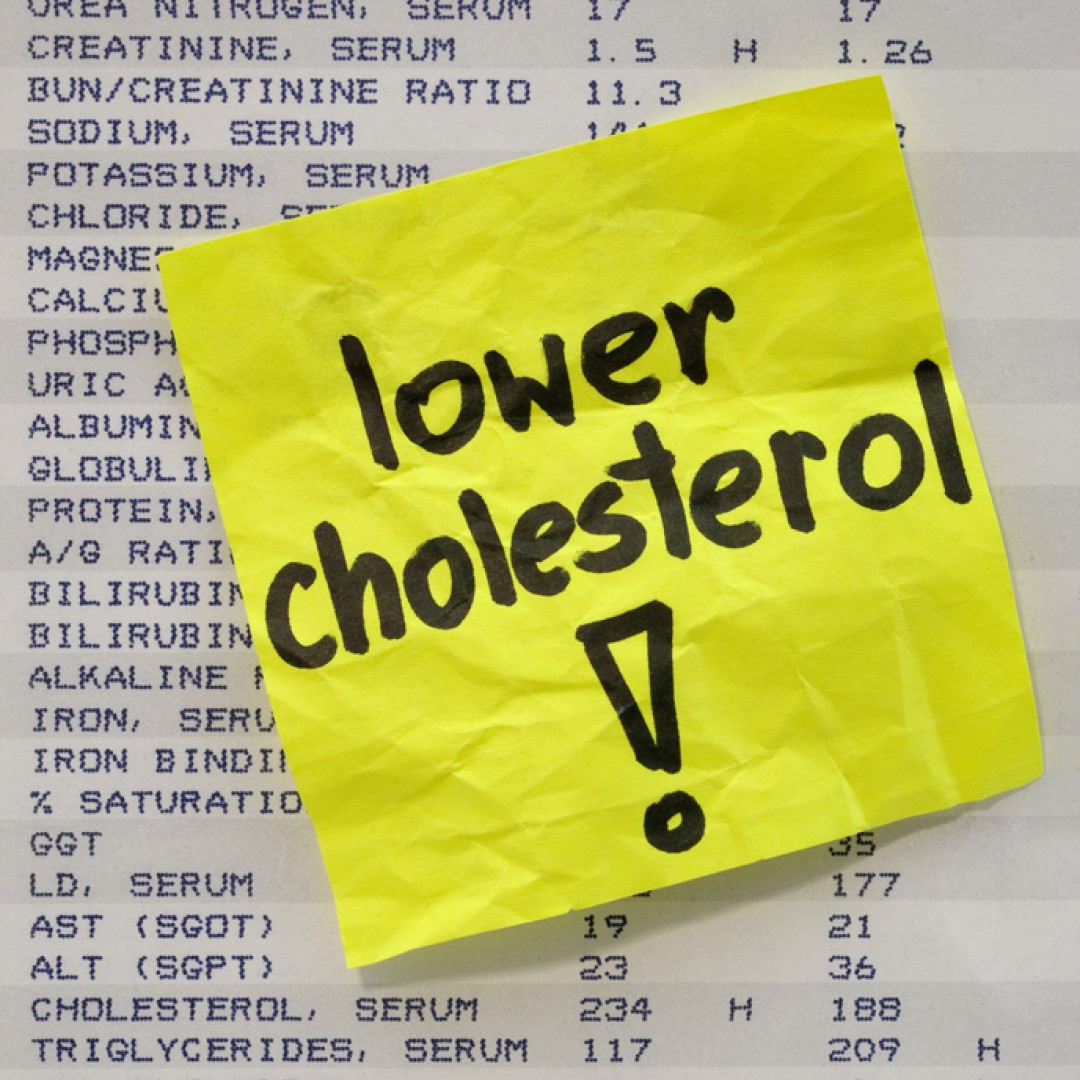
Texas Biomed geneticists announced discovery that a particular gene, VNN1, plays a major role in the regulation of HDL cholesterol levels
In 2007, Texas Biomed geneticists announced their discovery that a particular gene, VNN1, plays a major role in the regulation of HDL cholesterol levels, a finding with clear implications for heart disease prevention.
In addition, because VNN1 produces cysteamine, which helps transport toxic substances from cells – including excess cystine and glutamine – this gene could become the focus of novel efforts to prevent or treat a variety of disorders, including Huntington’s, Alzheimer’s and cystinosis.
The study involved analyzing various lipids, or fats, in blood and bile to find differences in cholesterol metabolites, sequencing candidate genes of interest to find mutations, and determining the impact of each mutation by genetic analyses.
This led to the discovery that the ABCB4 gene, which encodes a protein known to transport fats from the liver into bile to facilitate excretion of cholesterol from the body, is defective in the high responders. Malfunction of the ABCB4 protein was found to impair cholesterol excretion, causing bad cholesterol to accumulate in the blood when a high-cholesterol diet is consumed.
The next step is to determine if any ABCB4 mutations have an effect on levels of LDL cholesterol in humans who consume a high cholesterol diet. “If we can identify early in life those people who are going to be adversely affected by consumption of high levels of cholesterol, we can encourage their parents and them to receive individually tailored counseling to establish dietary habits that protect them from cardiovascular disease,” said John L. VandeBerg, Ph.D., SFBR’s chief scientific officer and senior author on the paper.
Tags:
Source: Texas Biomedical Research Institute
Credit:
